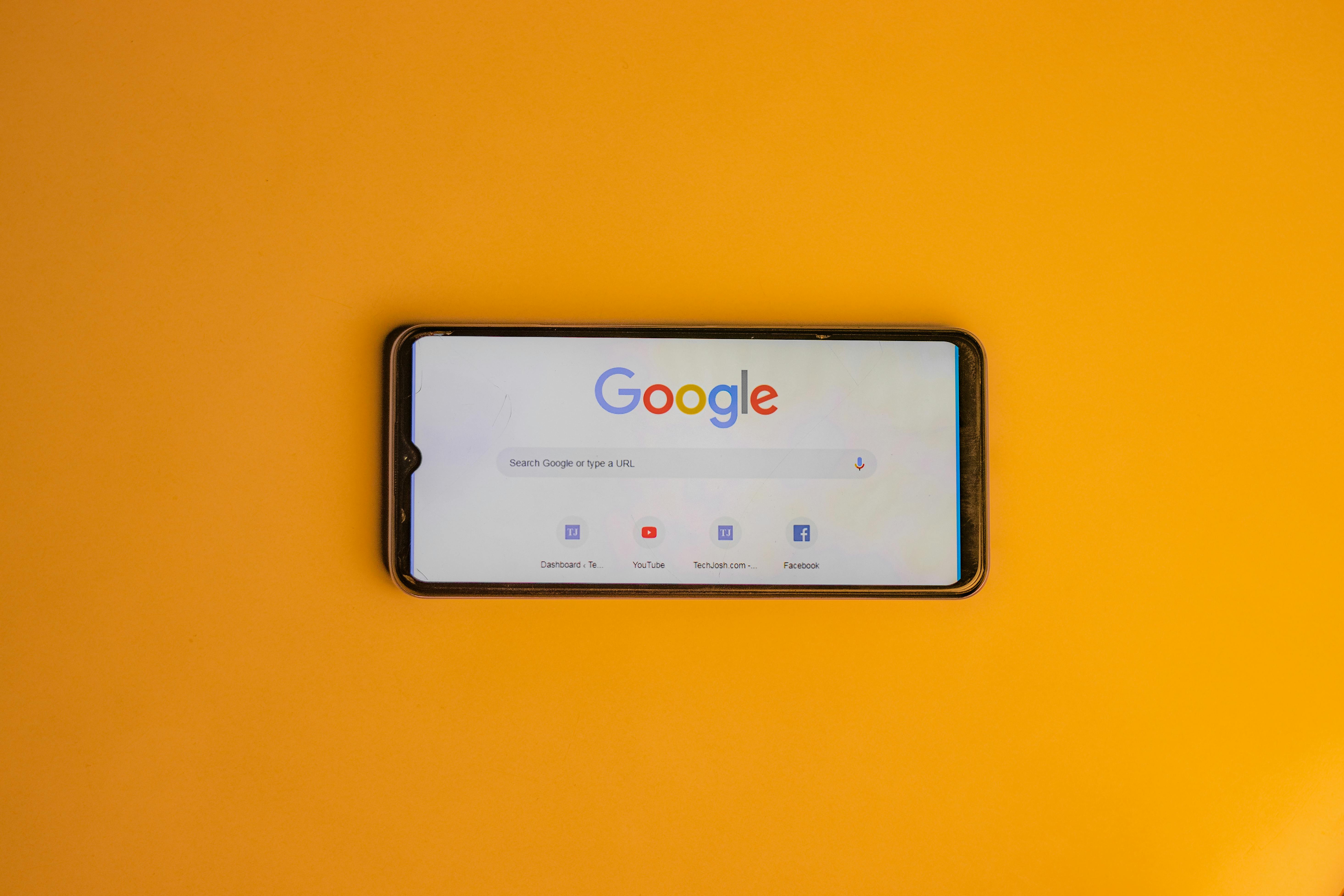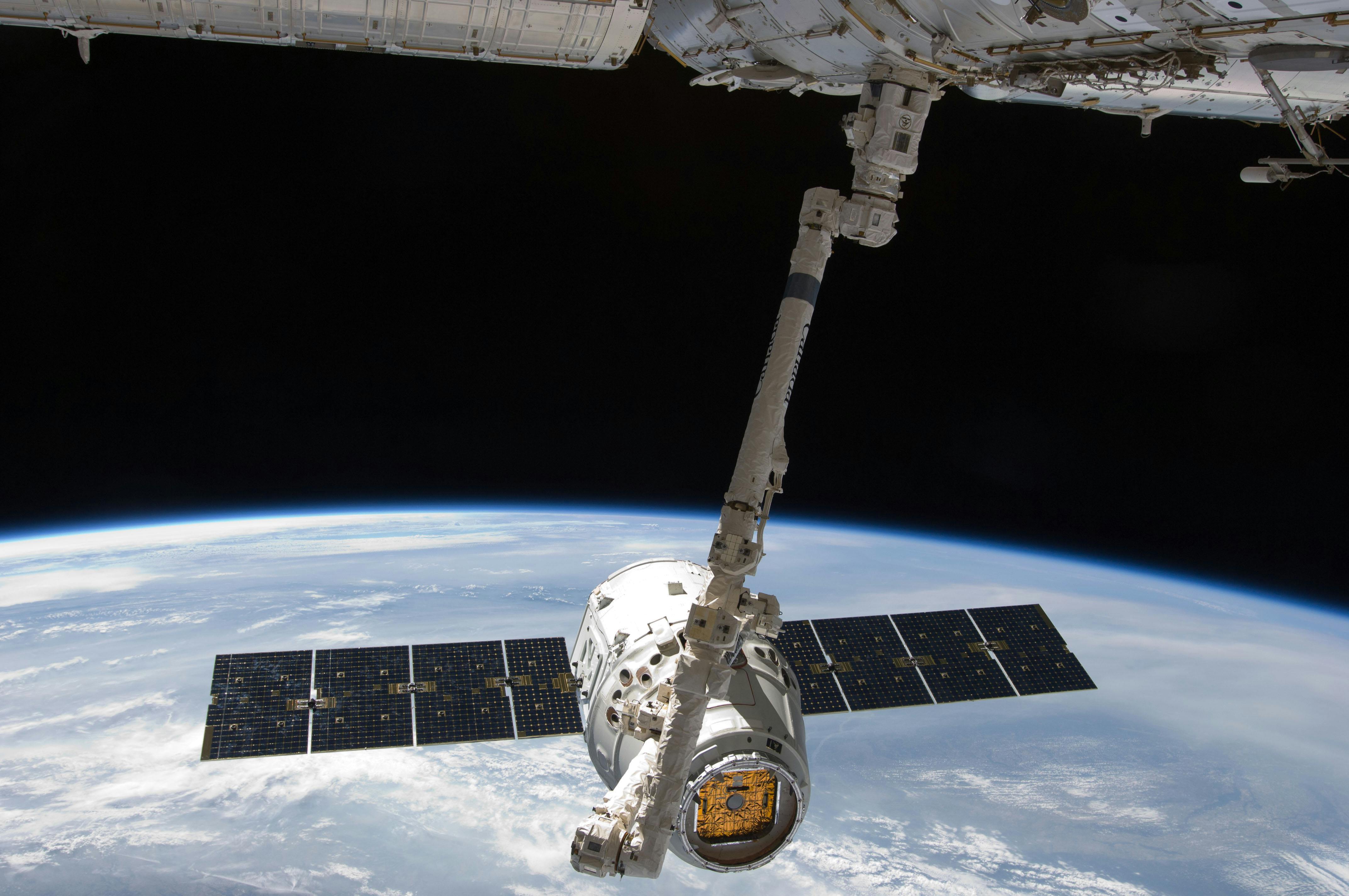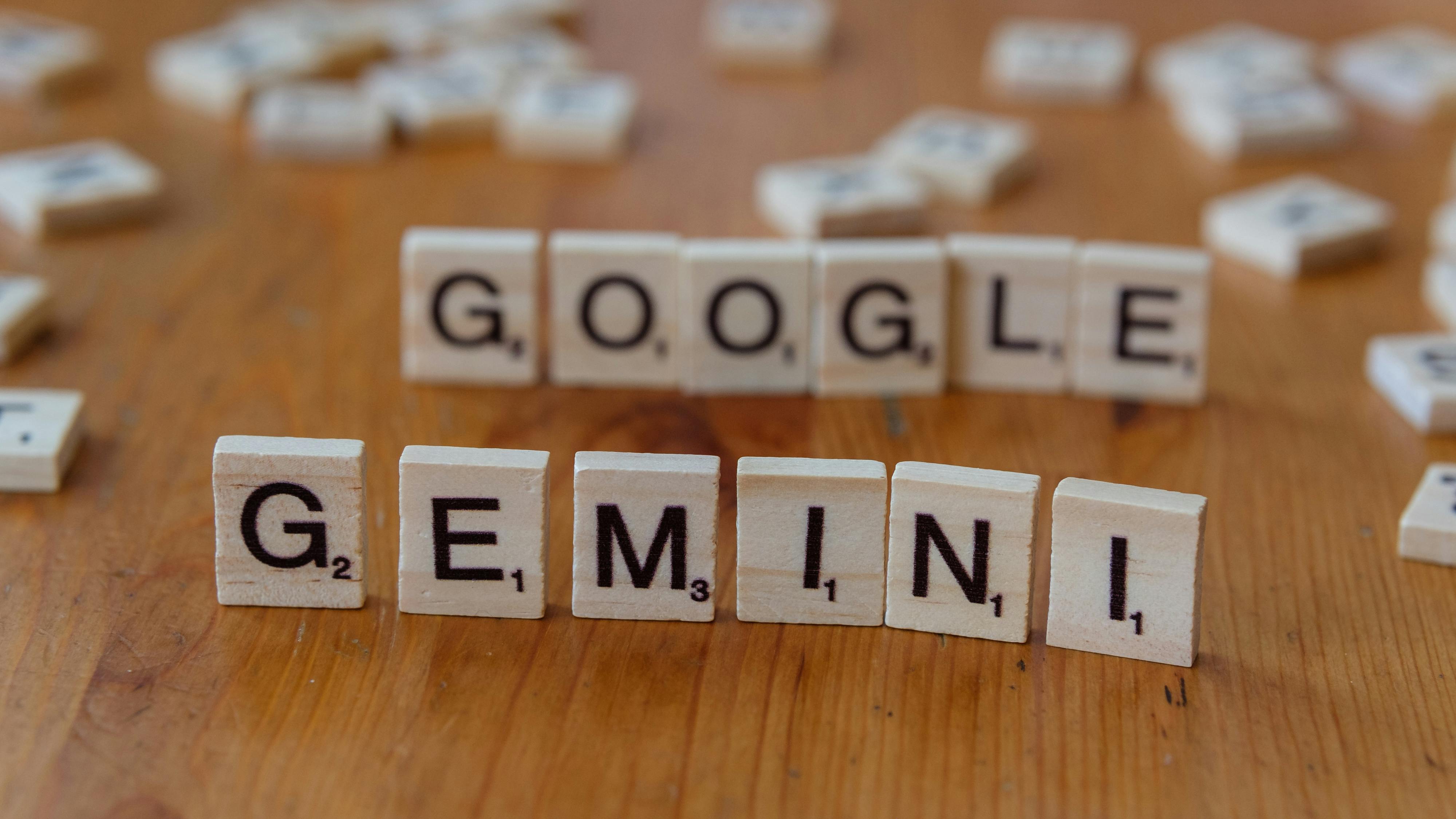Hollywood, the world’s entertainment capital, is experiencing its most disruptive labor crisis in decades as both actors and writers have launched a joint strike against major studios. The strike, spearheaded by the Writers Guild of America (WGA) and the Screen Actors Guild‐American Federation of Television and Radio Artists (SAG-AFTRA), marks the first time in over 60 years that both unions have walked out simultaneously. At the heart of the conflict are two pressing issues: fair pay in the streaming era and protections against the use of artificial intelligence (AI) in creative work.
The strike, now stretching into weeks, has already brought much of the film and television industry to a halt. Productions from blockbuster franchises to popular TV shows have been delayed indefinitely, with ripple effects across global markets where Hollywood content dominates. Industry insiders warn that the standoff could reshape the future of entertainment for years to come.
Why the Strike Began
The rapid shift from traditional television and theatrical releases to streaming platforms has fundamentally changed how revenue is generated—and how creators are paid. Writers and actors argue that while companies like Netflix, Disney+, and Amazon Prime rake in billions from subscribers, the people responsible for creating the content see little of that wealth. Residuals, once a steady source of income from reruns and syndication, have dwindled in the streaming era, leaving many creatives struggling financially.
Adding to the tension is the rise of AI. Studios are increasingly experimenting with AI tools that can generate scripts, replicate voices, or even create digital likenesses of actors. Union leaders warn that without strict protections, AI could replace or diminish the role of human creators, eroding artistic integrity and livelihoods.
Union Demands
The WGA and SAG-AFTRA are demanding a range of protections and reforms. These include:
-
Fairer Pay Structures: Adjustments to residuals so that streaming content provides sustainable income.
-
Transparency from Studios: Greater access to viewing data to ensure fair compensation.
-
AI Safeguards: Legal guarantees that studios cannot use AI to replace writers or replicate actors’ performances without consent and compensation.
-
Improved Working Conditions: Including limits on excessive work hours and greater health and retirement benefits.
Fran Drescher, president of SAG-AFTRA, said in a fiery speech:
“We are fighting for the survival of our profession. Technology should empower artists, not exploit them.”
Studios Push Back
The Alliance of Motion Picture and Television Producers (AMPTP), representing major studios, argues that the demands are unrealistic given current economic pressures. Executives point to declining box office revenues, increased competition, and rising production costs. While acknowledging concerns about AI, they contend that regulation should be flexible to encourage innovation.
However, leaked comments from some studio executives suggesting that the unions should be forced to “hold out until workers start losing their homes” sparked outrage, further hardening union resolve.
Impact on the Industry
The strike’s effects are already visible. Popular shows like Stranger Things and Euphoria have halted filming, while upcoming movie releases are facing significant delays. Late-night television, which relies heavily on writers, has gone dark entirely. Beyond Hollywood, the strike affects countless others—from caterers and set designers to global distributors—whose livelihoods depend on continuous production.
Internationally, countries that rely heavily on U.S. content are feeling the pinch, as local broadcasters face gaps in programming. Meanwhile, competitors in South Korea, India, and other growing entertainment markets see an opportunity to capture global audiences hungry for new content.
Broader Cultural Questions
The Hollywood strike is about more than paychecks and contracts. It raises profound questions about the future of creativity in the age of AI. Should technology be allowed to replicate an actor’s voice after their death? Should scripts generated by machines be treated as equal to human storytelling?
Critics argue that unregulated AI could reduce art to algorithms, stripping entertainment of its human touch. Supporters counter that AI could free artists from repetitive tasks and open new creative horizons—provided workers are fairly compensated.
Political and Public Reactions
Public sentiment has largely sided with the unions, with widespread sympathy for writers and actors fighting against billion-dollar corporations. Celebrities such as George Clooney, Margot Robbie, and Dwayne Johnson have spoken out in support of the strike, donating millions to strike funds.
Politicians, too, are weighing in. President Joe Biden expressed solidarity with the unions, stating that workers should not be replaced by machines. Lawmakers in California are considering legislation that would strengthen labor protections against AI exploitation.
What Happens Next
Negotiations between unions and studios remain at a stalemate, but pressure is mounting on both sides. If the strike drags on for months, studios risk losing billions in revenue, while workers face mounting financial hardships. Many analysts predict that compromise is inevitable, with studios likely to concede on AI safeguards while pushing back on financial demands.
Regardless of the outcome, this strike will set a precedent for how creative industries worldwide address the rise of AI. From video game developers to musicians, the battle over technology and fair compensation is only beginning.
FAQs
Q: Why are Hollywood writers and actors on strike?
A: They are demanding fair pay in the streaming era and legal protections against the use of AI in creative work.
Q: How long has the strike lasted so far?
A: The strike has been ongoing for several weeks, with no resolution in sight.
Q: What is the main concern about AI?
A: Unions fear that studios could use AI to generate scripts, replicate voices, or create digital versions of actors without consent or pay.
Q: Which productions are affected?
A: Major TV shows, movies, and late-night programs have halted production, with global ripple effects.
Q: What do studios say about the strike?
A: Studios argue that the unions’ demands are too costly and that AI regulation should remain flexible.
Q: How is the public reacting?
A: Public opinion is largely supportive of the unions, with many viewing the strike as a fight for fairness.
Q: Could international markets benefit?
A: Yes, entertainment industries in other countries are seizing the opportunity to reach global audiences.
Q: Has the U.S. government responded?
A: President Biden has voiced support for unions, and lawmakers are considering new labor protections.
Q: When will the strike end?
A: There is no clear timeline; resolution depends on negotiations between unions and studios.
Q: What’s at stake for the future?
A: The outcome will shape how creative industries worldwide handle AI, pay structures, and artistic rights.
Conclusion
The Hollywood strike of 2025 is more than just a labor dispute—it is a turning point in the relationship between creativity, technology, and commerce. By demanding protections against AI and fairer pay, writers and actors are not only fighting for themselves but also setting boundaries for how art will be made in the digital era.
While studios stress financial realities, the overwhelming public support for unions shows that audiences value the human touch in storytelling. Whether compromise comes in weeks or months, the legacy of this strike will resonate globally, influencing how industries from gaming to publishing adapt to AI.
Ultimately, the standoff underscores a simple truth: creativity cannot be reduced to code. Protecting the voices, faces, and stories of artists ensures that entertainment remains not just a product, but a reflection of human experience.









